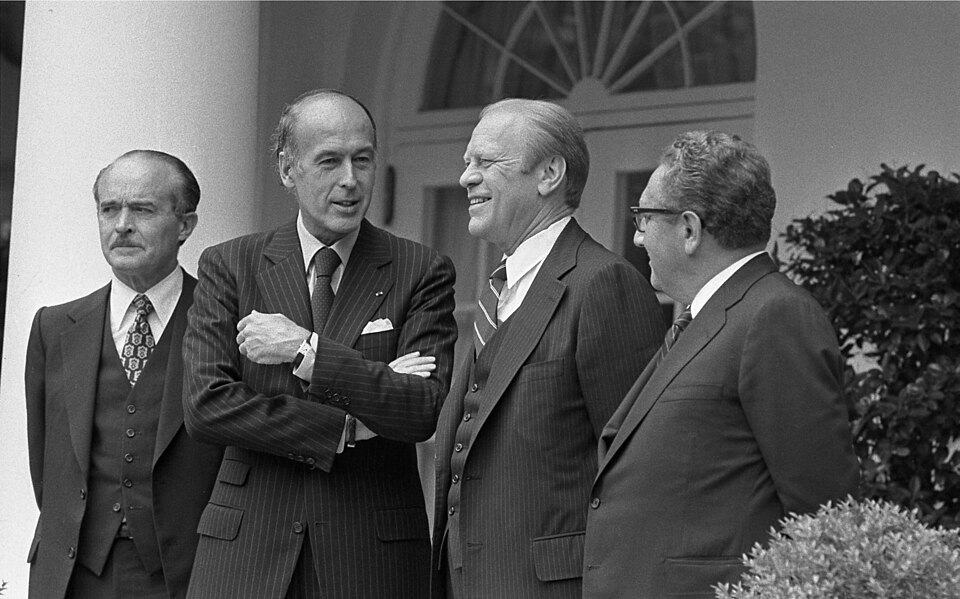La Russie est à la fois un exportateur majeur d’hydrocarbures et un gros émetteur de CO2. Cependant, Moscou souhaite développer une coopération avec l’Union européenne pour pouvoir lutter contre le réchauffement climatique. Cette approche devra s’inscrire dans la durée.
Russia-EU: a cooperative approach climate change
Russia is both a major exporter of hydrocarbons and a major emitter of carbon dioxide. Despite that, Moscow is seeking to develop cooperation with the European Union in order to fight climate change. The approach must be for the long term.
On September 23rd, Russia formally adopted the 2015 Paris Climate Agreement. World leaders, gathered in New York for the 74th session of the United Nations General Assembly, welcomed Russia’s induction into the agreement. Previously, the president of the Russian Federation Vladimir Putin expressed his scepticism about the reality of anthropogenic climate change. The Russian government repeatedly stressed the economic benefits that Russia could derive from melting ice in the Artic. Despite the symbolic weight of Russia’s adoption of the Paris agreement, this step does not signify a shift in Moscow’s approach to climate change. The European Union (EU), acting as a world leader in the global fight against climate change, can take meaningful steps to incite Russia to deepen its climate commitments. The adoption of such strategies by European states would radically transform their relation with Russia.
Russia’s IDNC (Intended Nationally Determined Contribution)
The Kyoto Precedent
Russia commitments to the Paris agreement are hollow, a direct consequence of the Kyoto treaty of 1992. In Kyoto, at least 55 parties at the Convention representing 55% of the 1990 carbon dioxide emissions were required to make the treaty legally binding. Russia’s participation in the Kyoto protocol was required for making the treaty legally binding after the USA withdrew from the accord ; consequently, other countries agreed to major concessions vis-à-vis Russia. Russia’s base year was set in 1990, before the collapse of the Soviet Union and the economic downturn that caused a reduction of its greenhouse gas emissions. In 1998, Russia’s level of emissions was 42% lower than it was in 1990. As such, it was already well within compliance with its Kyoto commitments by the time it signed the treaty, allowing it to increase its emissions while fulfilling the terms of agreement. The Kyoto protocol set a precedent that Russia replicated in Paris.
Russia’s commitment in Paris
In Paris, Russia pledged to reduce greenhouse gas (GHG) emissions by 25-30% from their 1990 levels by 2030. However, Russia’s greenhouse gas emissions were at 70% of the levels of 1990 in 2015. As Russia’s economic growth is stagnating, it is unlikely that Russia will increase its emissions and hence fail to reach its commitment. Furthermore, its targeted level of emissions is subject to “the maximum possible capacity of absorbing capacity of forests”. Russia insists on including land use, land-use change and forestry activities (LULUCF) in its climate pledge. After Russia’s adoption of the Paris Climate Accord, Vladimir Putin’s spokesman reiterated the role of boreal forests in CO2 sequestration. These forests can act as a natural “sink”, removing GHG from the atmosphere. However, LULUCF’s effects on mitigation are marked by uncertainty and are thus difficult to be evaluated.
Il reste 80 % de l'article à lire
Plan de l'article




_astronaut_Sophie_Adenot_(jsc2025e058846_alt).jpg)



